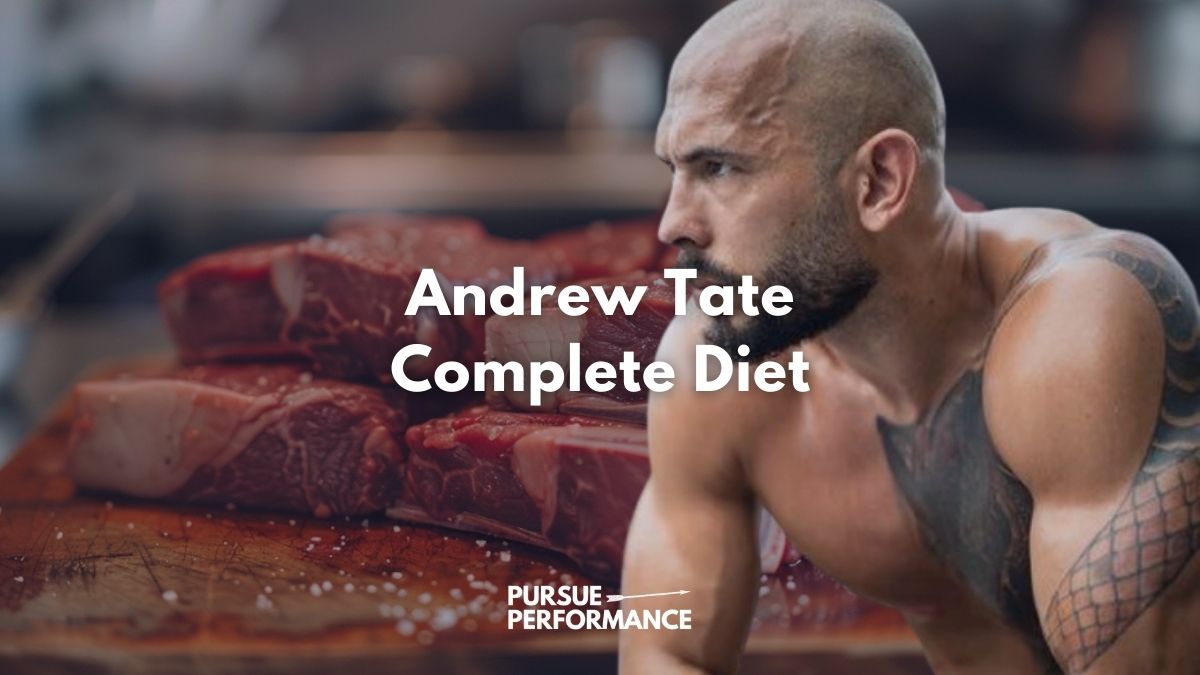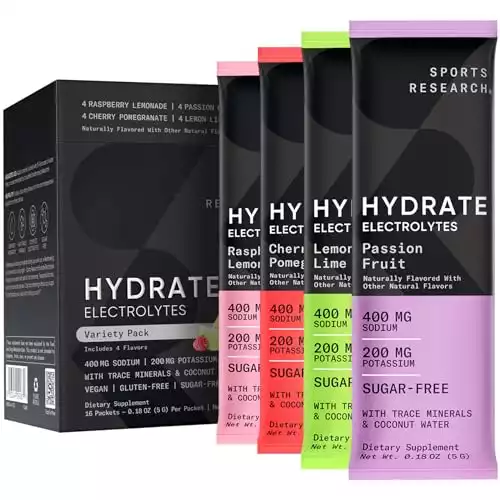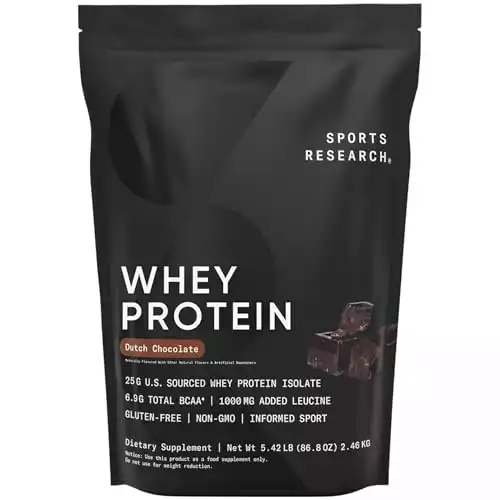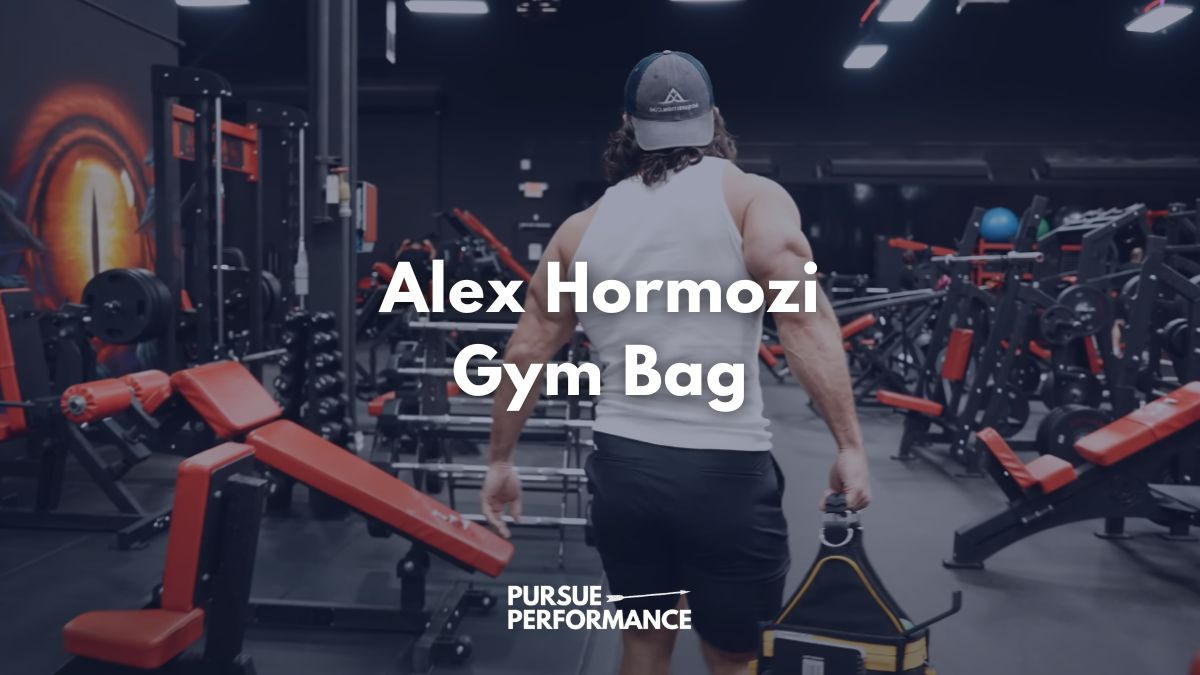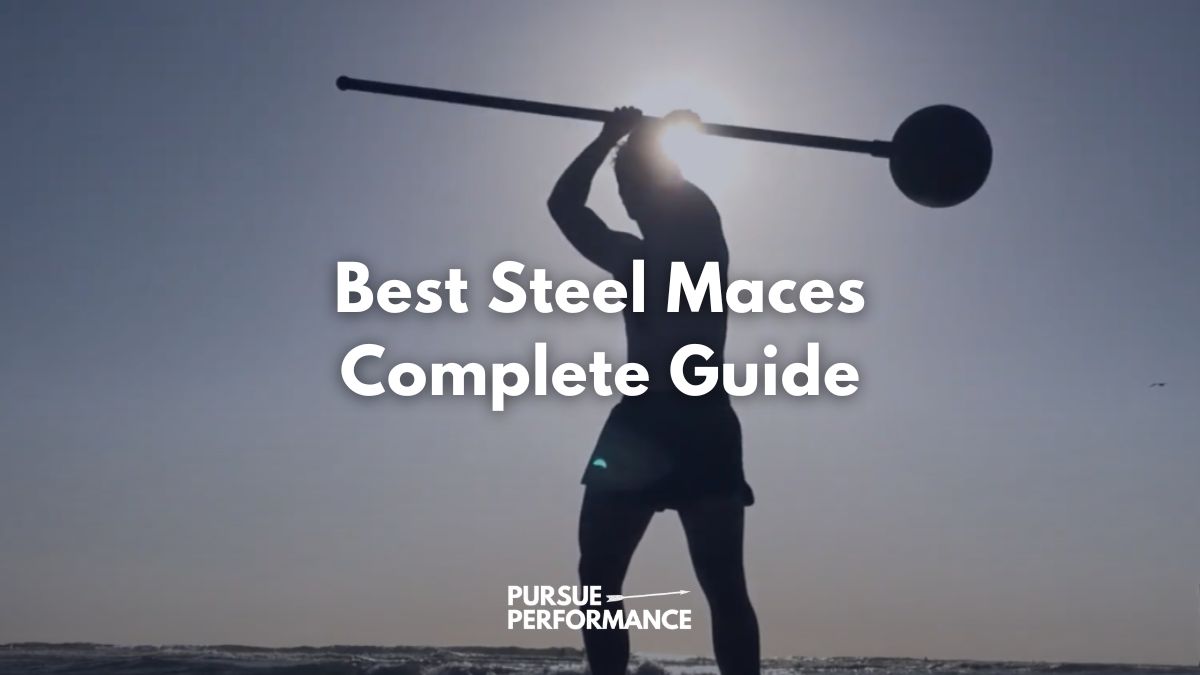One aspect of Andrew Tate’s life that has garnered significant interest is his unique diet.
In this post, we’ll take an in-depth look at the Andrew Tate diet, including what he eats, when he eats, and how much he consumes.
We’ll also explore whether Tate’s eating habits are based on solid nutritional principles and if they can help you improve your own health, energy levels, and overall performance.
Top Picks
Electrolytes: Sports Research Hydrate
Protein: Sports Research Whey Protein
Coffee: Black Rifle Coffee
Andrew Tate Diet Core Principles
The Andrew Tate diet is a high-protein, low-carb eating plan that heavily emphasizes animal products, particularly meat.
Tate follows what can be described as a “carnivore diet” or “meat only diet,” consuming mostly steak, ground beef, eggs, and other animal-based foods.
One of the key features of Tate’s eating style is intermittent fasting.
He practices the “one meal a day” (OMAD) approach, consuming all of his daily calories within a single 1-hour eating window.
- Flavored with coconut water (no sugar)
- Optimal sodium to potassium ratio (2:1)
- Easy travel packaging
Tate believes this helps him stay lean, focused, and energetic throughout the day.
Here are the core principles of the Andrew Tate diet:
- High protein intake, primarily from animal sources
- Very low carbohydrate intake
- Intermittent fasting with a 23:1 fasting to eating window
- Avoidance of sugar, including fruit
- Emphasis on nutrient-dense whole foods
What Does Andrew Tate Eat?

A typical day of eating on the Andrew Tate diet looks something like this:
- Breakfast & Lunch: Black coffee and sparkling water only
- Dinner (only meal): 60% meat (steak, ground beef), 20% vegetables, 20% carbs (e.g. small portion of fries)
Tate aims to consume 80-90% of his daily calories from meat alone.
A dinner for him might consist of three steaks and nothing else.
He views meat as the foundation of his diet, providing the protein and nutrients his body needs to function optimally.
Some specific foods Tate regularly consumes and recommends include:
- Steak (ribeye is a favorite)
- Ground beef
- Eggs
- Low-carb vegetables like broccoli, spinach, asparagus
- Black coffee
- Sparkling water
Foods Tate strictly avoids include:
- Fruit and fruit juices (he believes the sugar content negates any nutritional benefits)
- Processed carbohydrates like bread, pasta, cereals
- Seed oils and vegetable oils
- Soda and other sugary beverages
- Soy products
How Much Does Andrew Tate Eat?

On his carnivore diet, Andrew Tate consumes around 2,000-2,500 calories per day, with the vast majority coming from animal protein and fat.
A single meal for him might include over 150-200 grams of protein and 100+ grams of fat.
Tate doesn’t count calories or macronutrients, instead eating intuitively until satisfied.
He lets his hunger dictate how much he eats during his one-hour feeding window.
The high protein content combined with intermittent fasting helps him control his appetite.
Andrew Tate Diet Benefits
Tate credits his carnivore diet and intermittent fasting protocol for his lean, muscular physique, as well as his mental sharpness and high energy levels.
He believes the high intake of nutrient-dense animal foods provides his body with everything it needs to thrive.
Some potential benefits of a meat-based, low-carb diet like Tate’s include:
- Improved body composition (fat loss, muscle retention)
- Better appetite control and reduced cravings
- More stable energy levels throughout the day
- Enhanced mental clarity and focus
- Simplified meal planning and food choices
Tate also finds that mild hunger keeps him motivated and focused on his goals.
By choosing a restrictive, meat-heavy diet, he maintains a lean physique without counting calories or doing hours of cardio.
Andrew Tate Diet Potential Drawbacks

While Tate personally finds his diet effective for his goals and lifestyle, it’s a highly restrictive and unconventional way of eating that may not be suitable or healthy for everyone.
Some potential issues to consider:
- Very high intakes of red meat and saturated fat may increase risk of certain cancers and heart disease over time
- Lack of dietary fiber from whole grains, legumes, fruit could negatively impact digestion and gut health
- Restrictive dieting can lead to nutrient deficiencies, disordered eating, and a poor relationship with food
- Intermittent fasting and a very low calorie intake may not be appropriate for highly active individuals or those with pre-existing health conditions
Most mainstream nutrition experts recommend a balanced diet that includes a variety of minimally processed whole foods from all food groups.
Extreme “elimination diets” like keto, carnivore, and fruitarian are typically only recommended under medical supervision for certain health conditions.
Should You Try the Andrew Tate Diet?
While aspects of Tate’s approach like prioritizing unprocessed, nutrient-dense foods and listening to your natural hunger cues are sound nutritional principles, the highly restrictive nature of his meat only diet is unnecessary and potentially dangerous for the general population.
Consult a doctor or dietician before making drastic changes to your diet.
If you’re looking to lose fat, build muscle, and feel your best, focus on these evidence-based practices:
- Eat a balanced diet with plenty of protein, healthy fats, fiber-rich carbs, and colorful fruits and veggies
- Practice mindful eating and hunger awareness
- Find a sustainable calorie intake that supports your goals
- Incorporate resistance training to boost your metabolism
- Manage stress and prioritize quality sleep
You don’t need to take such an extreme approach to see results.
An inclusive, balanced, and personalized nutrition plan is the key to looking and feeling your best for life.
While the Andrew Tate diet may work for him and a small subset of the population, it’s not a wise approach for most people looking to optimize their health and body composition.
Ultimately, the “best diet” is one you can stick to long-term while supporting your physical, mental, and emotional well-being.
FAQ
What type of diet does Andrew Tate follow?
Andrew Tate follows a high-protein, low-carb, meat-based diet known as the carnivore diet. He consumes mainly animal products like steak, ground beef, and eggs, with minimal vegetables and carbs.
How often does Andrew Tate eat?
Tate practices intermittent fasting, eating only one meal a day (OMAD) within a one-hour feeding window. He fasts for the remaining 23 hours of the day.
What foods does Andrew Tate avoid?
Tate strictly avoids fruit and fruit juices, processed carbohydrates, seed oils, vegetable oils, soda, sugary beverages, and soy products.
How many calories does Andrew Tate consume per day?
On his carnivore diet, Tate consumes around 2000-2500 calories per day, with the majority coming from animal protein and fat.
Does Andrew Tate count calories or macronutrients?
No, Tate doesn’t count calories or macronutrients. Instead, he eats intuitively until satisfied during his one-hour feeding window.
What are the potential benefits of the Andrew Tate diet?
According to Tate, potential benefits of his diet include improved body composition, better appetite control, stable energy levels, enhanced mental clarity, and simplified meal planning.
Is the Andrew Tate diet suitable for everyone?
No, the Andrew Tate diet is highly restrictive and may not be suitable or healthy for everyone. It’s essential to consult a doctor before making drastic changes to your diet.
What are some potential drawbacks of the Andrew Tate diet?
Some potential drawbacks include increased risk of certain cancers and heart disease from high red meat intake, digestive issues from lack of fiber, nutrient deficiencies, and the promotion of disordered eating habits.
Should I try the Andrew Tate diet to lose weight and build muscle?
It’s not recommended to follow such an extreme diet for weight loss and muscle gain. Instead, focus on a balanced diet with adequate protein, healthy fats, fiber-rich carbs, and vegetables, combined with regular exercise and a sustainable calorie intake.

